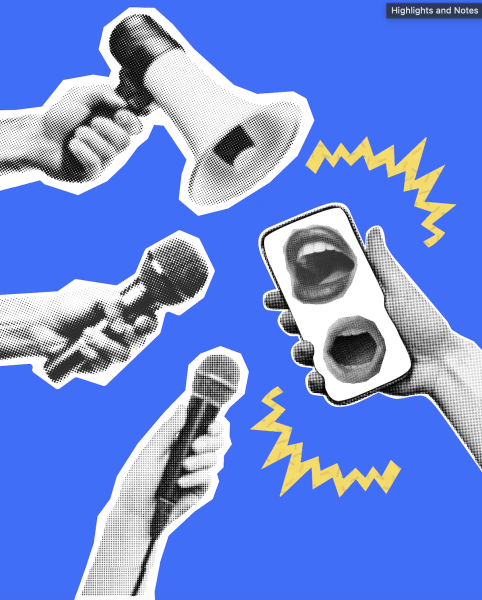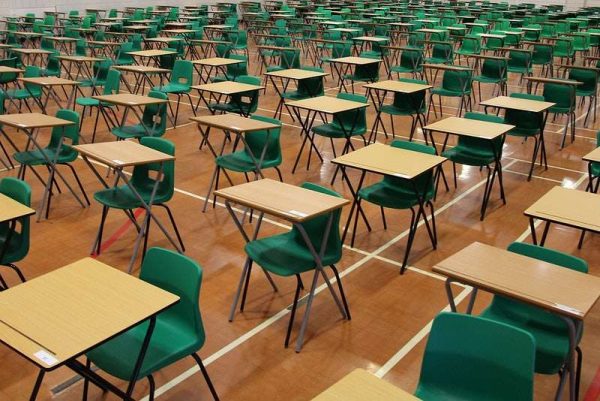Harming Those that Should Be Protected: The Negative Impact of the American School System on the Lives of Students
The American school system, argues Maria Coutinho, should not place productivity over mental health.
At the present time, especially taking into consideration the impacts the pandemic has had in the social life of the American population, it is necessary to bring into light certain issues that can be seen as taboos or too sensitive to be spoken in a school environment. The surging of speakers that dare to touch upon delicate subjects— such as mental health issues, how online school is inherently programmed to benefit some students over others, and how a pandemic can impact one’s life— has helped society to see that we do not only have to do better right now and in the future, but also that we were not doing so well in the past either.
The modernization of the school system has brought attention to the underlying issues that students already faced prior to the pandemic. As of now— in social media, newspapers, and even classrooms— we talk about how the new form of education can be detrimental to the mental health of students. However, if we really stop to analyze the American educational system prior to this pandemic, was it really an adequate environment for children and teenagers to learn?
The answer to that question is no. A system that treated children and teenagers so poorly cannot be described as successful. The underlying issues of the American educational system included harmful school hours and the inability of understanding that students have the right to feel pressured and overloaded without being punished for it.
When analyzing the school hours imposed for students, especially in High School, the educational system has always taken productivity over health. According to the US Centers for Disease Control and Prevention (CDC), schools should be starting at a later time for the sake of the health of students. Extensive medical evidence explains the damages of starting school so early: greater risk of obesity, higher rates of depression, higher risks of teen car accidents, higher rates of drug use, and higher chance of lower grades overall. The American Medical Association also indicates that it is preferable for students to start their school day after 8:30am to maximize their potential and prevent mental health issues. The culture of early school schedules has been around for so long that it can now be considered outdated, creating more detriment than benefits.
One of the most important matters of this discussion is how the students feel about it— how we feel about a system that is designed to, theoretically, make our lives better. And even though the American educational system is marketed as and praises their “care and guidance” of students, this is not how teenagers feel about the matter. According to the Princeton Review’s Student Life in America survey, over 50% of students reported feeling stressed, 25% reported that homework was their biggest source of stress, and on average teens are spending ⅓ of their study time feeling stressed, anxious, or stuck. A lot of the pressure, as most readers can relate, comes from the fear of punishment– both from teachers and parents as well as from society as a whole. We have been ingrained with the idea that failing a test, losing points on an assignment, or simply not being good enough in a subject equates to our worth as human beings. There is a universal mentality that our failures as teenagers will, undoubtedly, result in our failure as adults.
The educational system looks at our weeping eyes and hearts and, for the most part, ignores it. Productivity is more important than mental health, and is this really the type of system that we can look at and pretend that doesn’t need adjustments? Is this really the type of system that allows for all different types of students to succeed in their own areas and not feel dumb or pressured for not excelling in everything? The American educational system has transformed school life in a not-so-well-oiled machine, and we students are the ones that have to suffer through it. And so we should not be asking how we can change who we are to fit into the lifestyle imposed to us, but how the lifestyle imposed to us should change to fit who we are.
This is Maria's first year as a staff writer for Prospect.



![[Charlie Kirk] by [Gage Skidmore] is licensed under [CC BY-SA 2.0].](https://flhsprospect.com/wp-content/uploads/2025/09/charlie-kirk-article-600x400.jpg)



